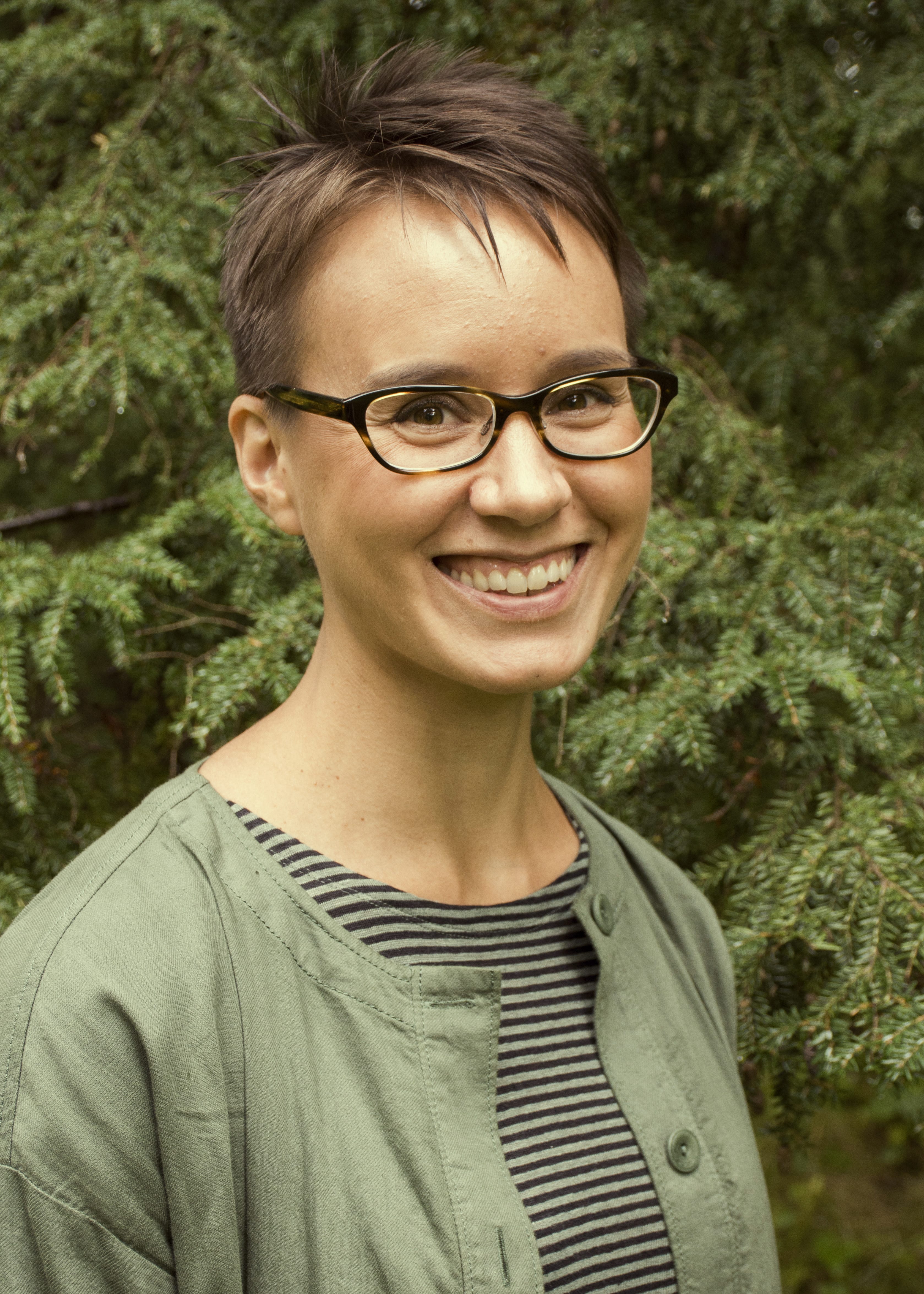By Lori Sonken
Reprinted from the Cornell Chronicle, June 2, 2015
 Scholars funded through the Institute for the Social Sciences’ small grant program this spring seek to answer such questions as, how do economic crises affect voters’ behavior, and how do public perceptions of social inequality influence efforts to mobilize cooperative solutions to climate change?
Scholars funded through the Institute for the Social Sciences’ small grant program this spring seek to answer such questions as, how do economic crises affect voters’ behavior, and how do public perceptions of social inequality influence efforts to mobilize cooperative solutions to climate change?
Twice yearly, the Institute for the Social Sciences (ISS) provides up to $12,000 to tenured and tenure-track faculty through its peer-reviewed small grant program. This spring, faculty from six different colleges won awards.
“One of the strengths of the program is that it forges interdisciplinary connections across campus, both in the traditional strongholds of the social sciences and units where scholars are working at the boundaries of social sciences, humanities and life sciences,” said Kim Weeden, professor of sociology and the Robert S. Harrison Director of ISS.
One of these boundary-spanning projects is a collaborative effort between Malte Jung and Steven Jackson, both in Computing and Information Sciences, and a surgical team at Weill Medical College in New York City. They will compare robotic and laparoscopic surgical teams.
Christopher Huckfeldt, assistant professor in economics, is calibrating a macroeconomic model of unemployment with data from the Panel Study of Income Dynamics. He is applying quantitative macroeconomic theory to assess the importance of occupational downgrading in generating permanent income losses for workers who lose their job during a recession.
“The ISS grant has put me on a faster track to accomplish the research goals associated with my project. As a junior faculty member, this type of grant is invaluable for establishing a long-term research agenda,” Huckfeldt said.
Claire Lim, assistant professor in economics, is looking at how deregulation, mergers and acquisitions, and changes in regulators’ ideology, have affected executive compensation in the domestic energy industry. She’s also examining how political environments in the U.S. influence the regulation and conduct of energy firms.
Using the Charles Manson murders and subsequent trials in the early 1970s as a stage, Claudia Verhoeven, associate professor in history, hopes to invigorate the historiography through analysis of gender, class, race, geo-politics, pop and mass culture, social movements, religion, the justice system, mass media and militant environmentalism. She intends to properly situate the case in the context of the late 1960s, and provide it with a reception history – a history of the way events were portrayed and perceived at the time.
Jonathon Schuldt, assistant professor of communication, will use his ISS grant to study how socioeconomic status influences beliefs and intentions to address and mitigate climate change.
Alexander Kuo, assistant professor of government, will use the grant to conduct surveys before and after the 2015 national elections in Spain to analyze how an economic crisis affects voter behavior and supports new political movements.
The ISS’ small grants program also is supporting two upcoming conferences.
Trevor Pinch and collaborators Michael Lynch and Bruce Lewenstein, all from science and technology studies, are using ISS funds to support a 2016 conference to take stock of the field of science and technology studies, what it has accomplished and where it is headed.
Another conference, led by Gustavo Flores-Macias, assistant professor in government, is bringing together leading scholars on the political economy of Latin America in a conference to address taxation and its importance to inequality and economic development.
Other recipients of spring 2015 small grants include Adam Anderson, associate professor in human development; Garrick Blalock, associate professor in the Dyson School of Applied Economics and Management; John Forester, professor in city and regional planning; Karel Mertens, associate professor of economics; David Mimno, assistant professor in information science; and Luo Zuo, assistant professor of accounting.
The deadline for the fall 2015 small grants competition is Sept. 8, and applications will be requested shortly after the fall semester begins.
Lori Sonken is the staff writer for the Institute for the Social Sciences.

 Adam Anderson and Eve De Rosa recently studied why it is hard for people to save money. They found that when people were given the choice, over 90% of the time they chose earning money to saving it. They discuss how our brains may be hard-wired for earning and that saving requires more conscious effort.
Adam Anderson and Eve De Rosa recently studied why it is hard for people to save money. They found that when people were given the choice, over 90% of the time they chose earning money to saving it. They discuss how our brains may be hard-wired for earning and that saving requires more conscious effort.
 Robert Sternberg was interviewed on October 9, 2018 for the podcast, What Makes Us Human?from Cornell University's College of Arts & Sciences. This is the podcast's third season, "What Do We Know About Love?" and Dr. Sternberg discusses his "Triangular Theory of Love."
Robert Sternberg was interviewed on October 9, 2018 for the podcast, What Makes Us Human?from Cornell University's College of Arts & Sciences. This is the podcast's third season, "What Do We Know About Love?" and Dr. Sternberg discusses his "Triangular Theory of Love."




